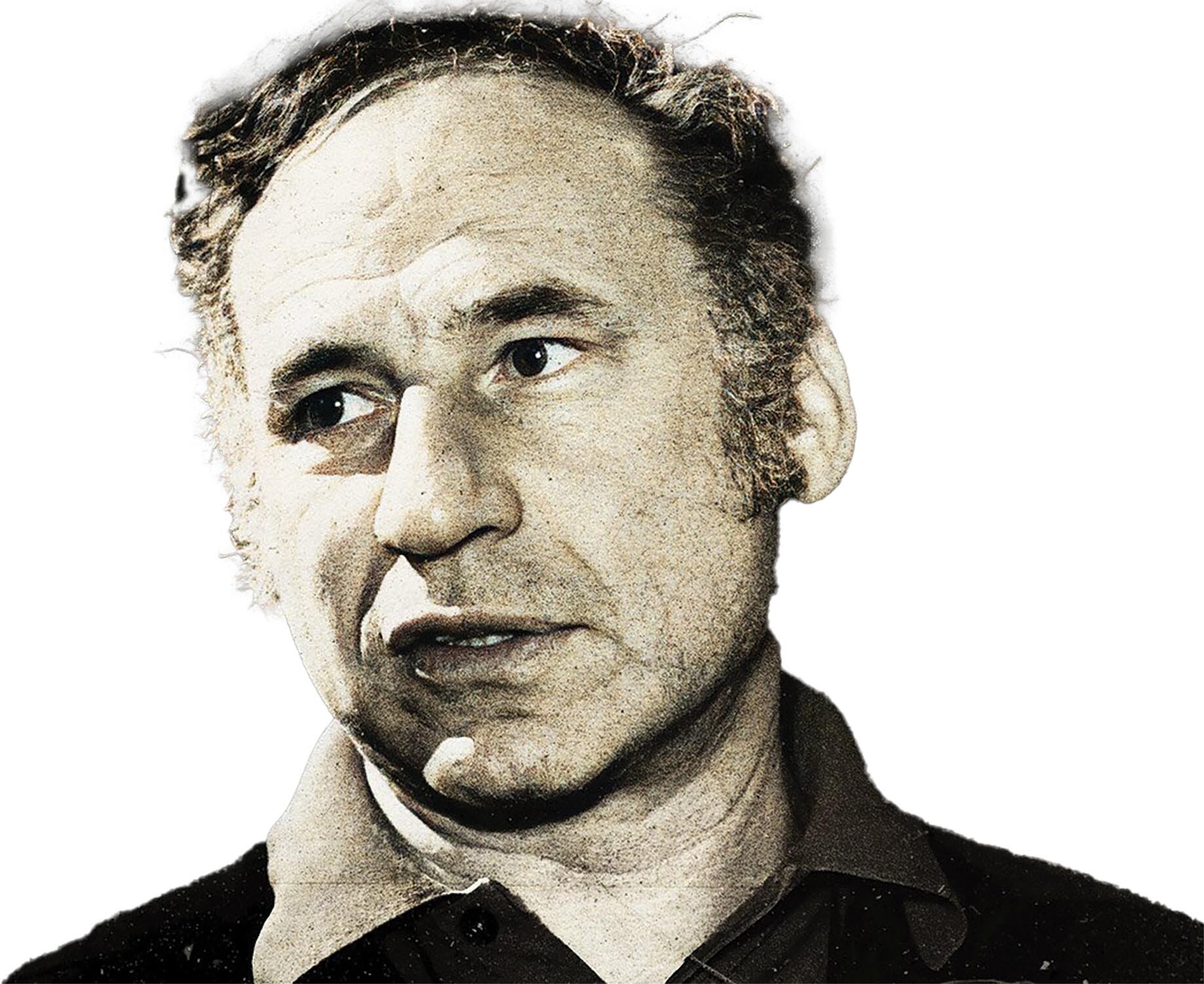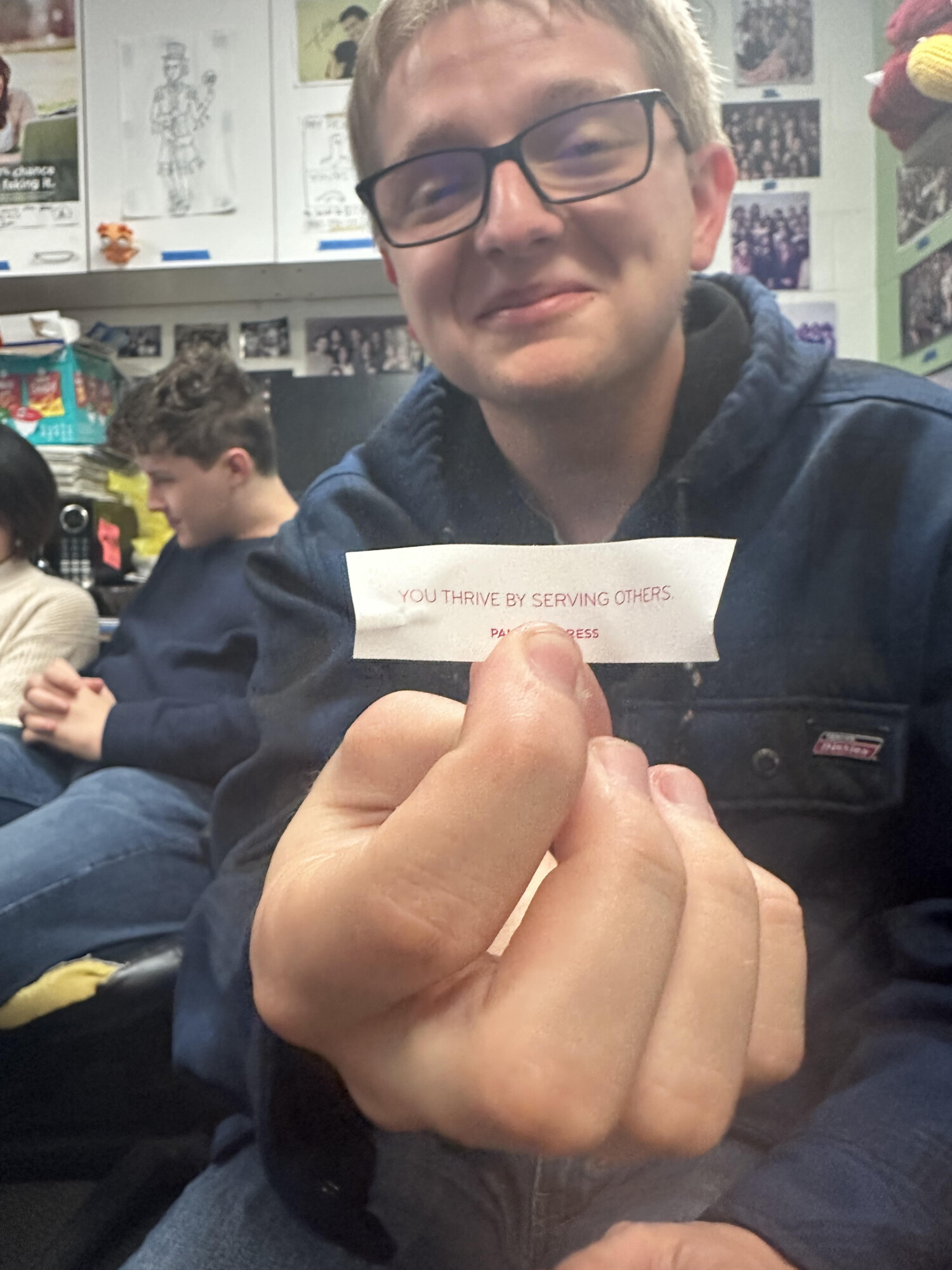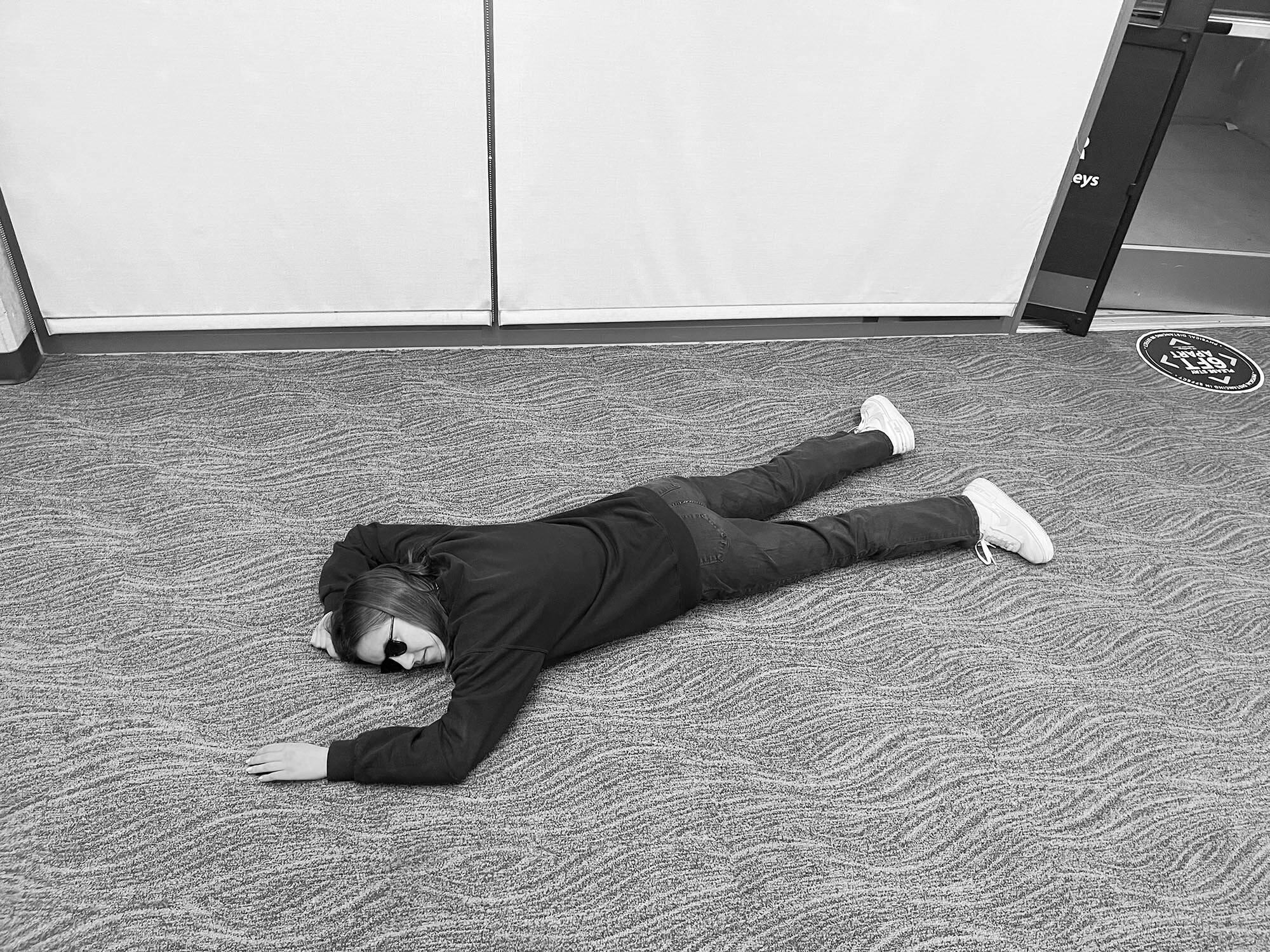
“Why don’t you tell the Make-A-Wish kids why they aren’t going to Disneyland?” said one City of Hope representative.
Photo by Jordan Whitlow
After years of research, scientists at the UC San Diego School of Medicine have discovered a cure for cancer, a breakthrough experts are calling “a catastrophic financial disaster.” This cure, attributed to Dr. Elaine Winters and her team of researchers, is projected to be available to the public within six months, giving the medical industry little time to prepare.
“This is everything I’ve ever feared,” said Eugene Carcinos, CEO of City of Hope, one of the top researchers of cancer treatments. “We’ve been pursuing a ‘cure’ for years but frankly, we didn’t really think anyone would actually find it. Us, Roche, Pfizer, Johnson & Johnson, all the big guys, we’ve been dreading this day for years. Do you know how much the guys at Bristol-Myers Squibb invested in… alternative solutions to stop this?”
Nearly two million people are diagnosed with cancer in the United States per year alone, with close to 600,000 dying of it annually. These numbers are projected to be slashed nearly 99% by the new cure, which has been dubbed “Canceroll.” It is set to be sold at $1 per vial due to the drug’s simplicity and ease of administration, and would reportedly cause a loss of profits for pharmaceutical companies by similar margins.
“People celebrating this simply aren’t thinking about the bigger picture,” said Carcinos. “Sure, it’ll be nice to have grandma around for a few more years, but then what are all the radiologists, oncologists, and pharmaceutical executives going to do when there’s nobody left to treat? Think of the economy!”
A joint suit has been filed by City of Hope and a coalition of pharmaceutical giants against Dr. Winters and her team, citing in their statement “massive layoffs and economic disaster” which they claim will occur as a result of this cure.
“Look folks, we hear you. Curing cancer is nice and all, but it just doesn’t make sense from an economic standpoint,” said Pfizer spokesman Joseph Gooch. “Sure, people will live longer in the short term. But at the end of the day, everyone dies eventually. Money is forever. What do you care about more: a few more years with your mom, or the American GDP? Aren’t you a patriot?”
Several proposed expansions to City of Hope campuses have been paused in the aftermath of the announcement. The non-profit has been operating as a cancer treatment and research center since 1914, and has a $3.5 billion annual budget. Each year, more building expansions are started and more raises given to executives, moves which raise eyebrows in activist groups as to the legitimacy of City of Hope’s mission.
An activist organization named People Upset at the Negligence of City of Hope and Their Horrendous Expansion Methods (PUNCHTHEM) released a statement saying, “We strongly condemn the actions of this so-called ‘City of Hope’ in their attempts at blocking this cure whilst also making efforts to expand their already bloated budget and facilities to continue to pretend to work towards a cure. We think they should remove the ‘Hope’ from their name until they cease their fight against it.”
“I hope these people come to their senses soon,” Carcinos later stated off the record. “Because if they don’t, I’m going to need to double my research into countries without extradition policies sooner rather than later.”











